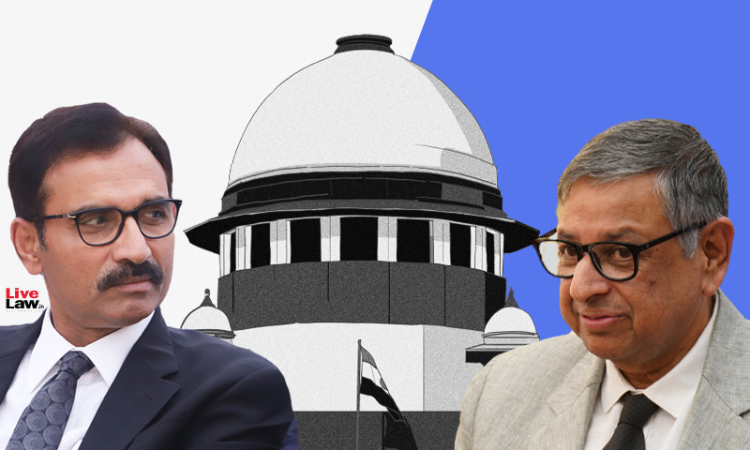Industrial Dispute - Minority Union Not Bound By Settlement Between Majority Union & Employer: Supreme Court
Sohini Chowdhury
17 Feb 2022 12:47 PM IST

Next Story
17 Feb 2022 12:47 PM IST
The Supreme Court has held that a minority Union of workers, who were not party to the settlement entered between the majority Union and the employer, is not bound by the same and is free to raise an industrial dispute claiming to be workmen directly under the principal employer. A Bench comprising Justices L. Nageswara Rao and Aniruddha Bose refused to interfere with the order of...
